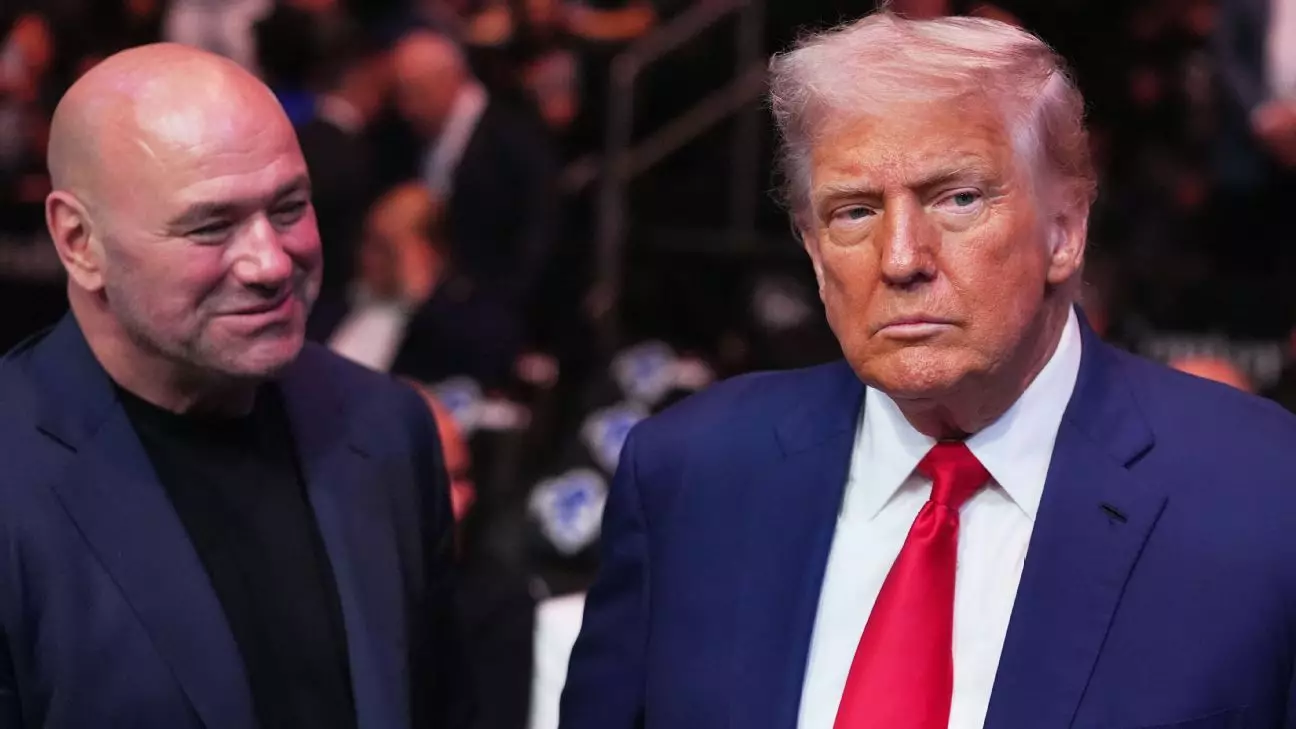As the United States approaches its 250th anniversary, the plans announced by former President Donald Trump to stage a UFC fight on the White House grounds signal a significant shift in how national pride is expressed. Traditionally, national celebrations have revolved around parades, fireworks, and commemorative events that evoke a sense of unity and shared history. However, Trump’s vision introduces a spectacle rooted in entertainment and competitive bravado, reflecting not just a celebration of independence but a spectacle tailored for media and ideological display. This approach risks transforming a solemn milestone into a televised event that emphasizes ego, personal branding, and entertainment over collective reflection on America’s evolution.
Celebrity Politics and the Cultural Divide
Trump’s affinity for UFC, combined with his public announcements about hosting a fight on the White House lawn, exemplifies a broader trend where political figures intertwine with celebrity culture. His close relationship with UFC President Dana White underscores a desire to merge entertainment industries with national identity, potentially blurring the lines between governance and spectacle. While engaging with popular culture can foster connection and relevance, politicizing high-profile entertainment events risks alienating segments of the population that may see these endeavors as trivializing the weighty significance of independence and patriotism.
The Risks of Turning Patriotism into Performance
Hosting a UFC match with thousands of spectators on federal land raises questions about appropriateness and symbolism. Is this form of celebration a genuine manifestation of national pride or an opportunistic stunt aimed at garnering attention? The answer lies in the underlying motivations and the cultural climate of the nation. By prioritizing spectacle, there’s a danger of reducing patriotic sentiments to superficial entertainment, neglecting the deeper historical and social implications of America’s founding ideals. Such events risk fostering a fragmented sense of national identity—one based on entertainment rather than shared values or history.
The Message Sent to Future Generations
Invoking a martial arts event as a form of national celebration could send problematic messages about the future of American values. It suggests a glorification of confrontation and strength over reflection and unity. While sports and competitions can foster community and resilience, framing them as central elements of a national milestone might perpetuate a culture that equates patriotism with bravado, potentially undermining the more inclusive and thoughtful narratives that have historically characterized American identity.
A Personal Reflection on Patriotism’s Evolution
From a critical perspective, the idea of hosting a UFC fight on historic grounds is emblematic of a broader societal shift that prioritizes spectacle over substance. It reflects a public discourse increasingly obsessed with entertainment, often at the expense of substantive dialogue about societal progress or historical struggles. As a society, we should question whether this trend advances or diminishes the core values we celebrate during pivotal moments in our history. Will future generations see our 250th as a testament to unity and perseverance, or as a grand performance aimed primarily at garnering applause? The answer depends on how we choose to shape this milestone, with or without the UFC fight being central to our narrative.


Leave a Reply